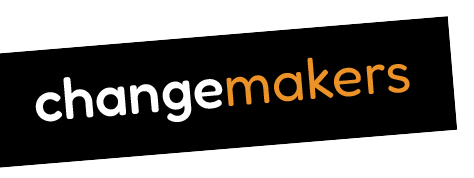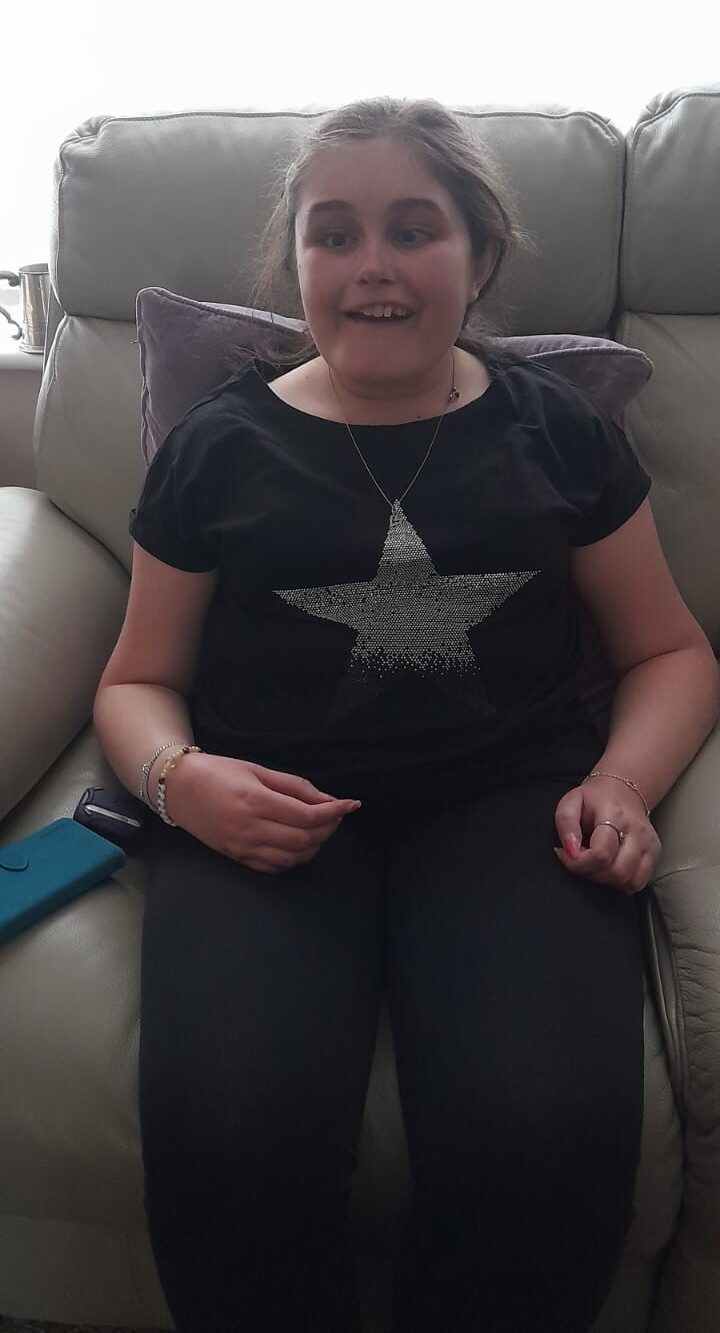
VICTA Changemakers
Blindness Awareness Month
So you think you can’t dance? That assumption is not strictly true!
Today, 10 October 2024 is World Sight Day and also World Mental Health Day. And as part of Blindness Awareness Month, VICTA Changemaker Grace busts some myths around dancing when you are blind or partially sighted and the positive impact is has had on her mental health.
Dancing is an incredibly visual art form, but it is also very inclusive, even if you live with a vision impairment. This is something I didn’t think could possibly be true until 2.5 years ago, but now I have seen the benefits for my own mental, physical, and even social health, I want to raise awareness and prove that anyone can dance, and that movement doesn’t have to be about joining a gym or winning the Paralympics.
When I was younger I would dance from time to time, but I didn’t think I was getting anything from it, apart from the usual childish happiness of feeling like a star. I clearly remember taking part in shows at school, standing in the rehearsal space as we learnt the choreography for each number… and absolutely hating every second stood there on the stage like a blind statue. Putting music on and trying to ‘dance’ socially, which looked more like standing against the settee moving like a piece of wood, contrasted with all the agile flips others were doing… I would come away feeling disheartened because I have always wanted to be the best to make up for the frustration of things I can’t, or have never wanted to do.

And of course there was also trying to ‘enjoy’ Strictly Come Dancing when you can’t actually see what is going on and the action moves too fast for anyone to describe. It was this last frustration that led me to take part in a study on audio description of dance in February 2022. That same year, spurred on by a completely different inspiration, I didn’t realise that I would come to find dancing, something that could seem so silent and isolating if you can’t see, to be one of the most inclusive things I could ever do, not to mention that it is a very positive and safe way to communicate. It was also at this point that I learnt that movement isn’t about changing the way you look or becoming a sporting hero. The Paralympics have just finished, and everything that was achieved in Paris was all the same in greatness. I don’t think I will ever enter the Paralympics, not because I am unable to, but because I have no desire to. I have found a way to move that gives me freedom and a way to communicate that I will never find in sport, but is also good for my body… win win!
Realising that I felt these good things when I danced made me determined to join and commit to a class or group, and I am very happy to say that this has finally happened. The feeling of being able to tell my story in a way that felt higher than speech or even writing is something I thought I would never experience. I already feel stronger in my body, and as I rehearsed the first dance routine I have ever even come close to mastering correctly, it only confirmed that movement should make you feel good, and if it doesn’t, maybe we should think about finding the right activity for us instead of doing something because we think it is what society wants. To anyone living with vision impairment, or any other extra challenges in life or disabilities who is thinking of trying to dance, my message to you is this.
So you think you can’t dance? That assumption is not strictly true. I strongly believe that dancing is a skill we all have even before we are born… we grow from babies kicking in response to sounds or music we like, to very young children moving in response to a beat. I truly believe, now more than ever, that these are skills we have before we can even walk. But what we choose to do with those skills as we grow up is up to us, and we shouldn’t have to dance to anyone else’s music… but our own.
By Grace Hill
Grace in the Guardian!
Grace was recently interviewed for the Guardians piece on Strictly Come Dancing ‘How Strictly’s Chris McCausland is inspiring the next generation of blind dancers’
“There is stigma, there is fear. That young, little blind child who wants to be a dancer and puts on a dress and has a twirl, we can give them the whole ‘how on earth are you going to dance, you can’t see?’ – but that is, for want of a better word, rubbish. Once you find your space where you can do it, it’s doable.”





